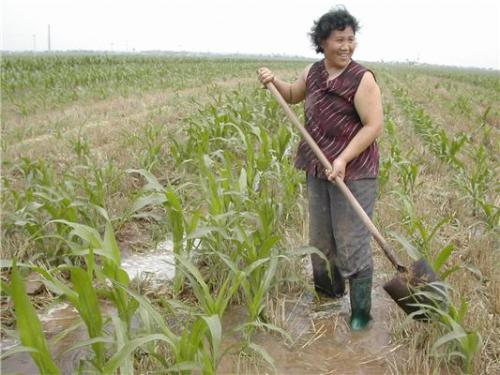A study conducted by researchers at the University of East Anglia (UEA) has revealed that groundwater irrigation system in China causes air pollution and releases over 30 million tonnes of carbon per year. This is the first research to estimate the amount of pollution produced by the agriculture sector.
 Groundwater pumping in China.
Groundwater pumping in China.
UEA-based Tyndall Centre for Climate Change Research, UEA Water Security Research Centre and UEA’s School of International Development have collaborated with Cranfield University, the Chinese Academy of Agricultural Sciences, and the Centre for Chinese Agricultural Policy to carry out the research work.
Groundwater used for China’s crop irrigation has increased from 10 billion cubic metres in the year 1950 to over 100 billion cubic metres at present. A paper, released in Environmental Research Letters, evaluates that the groundwater pumping systems, which support the large irrigation network, produce 33.1 mega tonnes of CO2 equivalent per year.
China is the world’s largest greenhouse gas emitting country, with nearly 17% of emissions produced by the agriculture sector. Irrigated agriculture produces 70% of grain in the country; however the process utilizes about 500 litres of water to harvest the wheat for a single loaf of bread. Thus, the large quantity of energy required to pump underground water is the main cause of pollution.
The team used survey data that have been collected from 366 villages in 11 different provinces in China. The results were combined to calculate the total emissions produced by groundwater pumping in the remaining 20 provinces in China. The results have shown that the provinces account for over 0.5% of China’s overall CO2 emissions. The amount is comparable to the total quantity of CO2 emitted by the entire New Zealand in a year. According to the research report, the problem will get worse if an action is not taken to enhance China’s water management strategies.